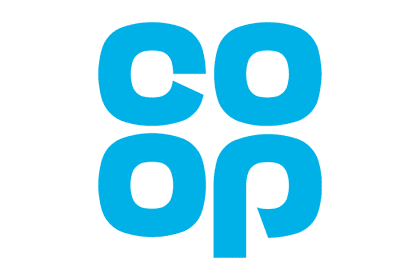Incontinence in children may be caused by physical disability, a learning difficulty, or psychological or social problems. Most NHS Trusts run a Paediatric Continence Service with a dedicated specialist team or through the community nursing team. They work with children and their families providing care and advice to help children gain control of their bladder and bowel.
Bedwetting is a widespread and distressing condition which can significantly affect the child’s behaviour, emotional wellbeing and social life. Children who wet the bed at night often fear sleepovers or school trips in case they are bullied or ridiculed. They also worry they will be excluded and lose their friends if they refuse to attend.
The Glasgow Paediatric Continence Team have asked for our help to fund resources including enuresis (bedwetting) alarms, child friendly toilet seats to encourage children to use the toilet during the day and picture books to help children learn how their body works.
This equipment will greatly enhance the service provided to children in the Glasgow area.











